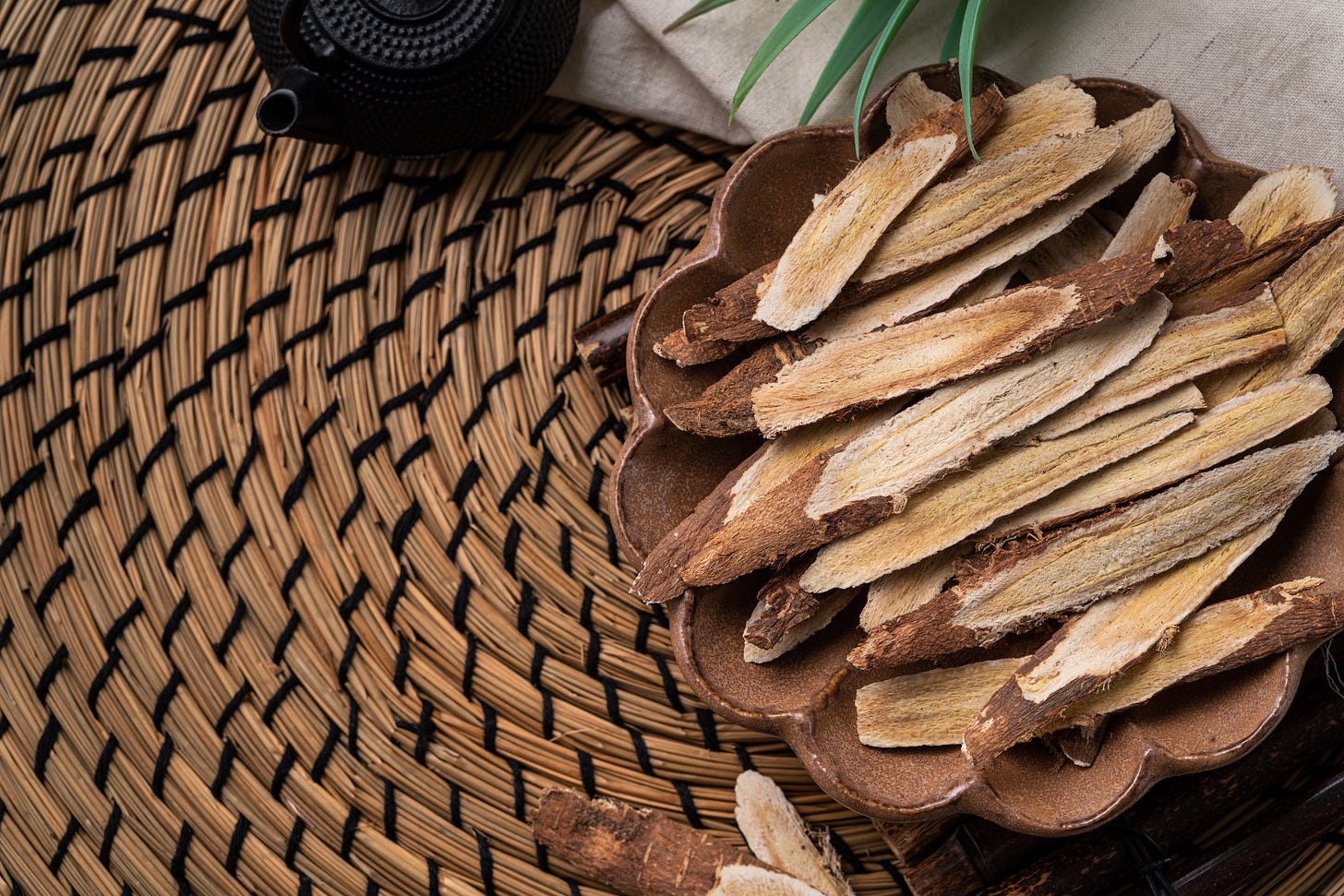Peer-Reviewed Research Review: Immunomodulating and immunorestorative effects of Astragalus membranaceus
The journal article "In vitro and in vivo immunomodulating and immunorestorative effects of Astragalus membranaceus" by William Chi Shing Cho and Kwok Nam Leung, published in the Journal of Ethnopharmacology, investigates the bioactive properties of Astragalus membranaceus (AM), a traditional Chinese medicinal herb. The study focuses on the immunomodula…



